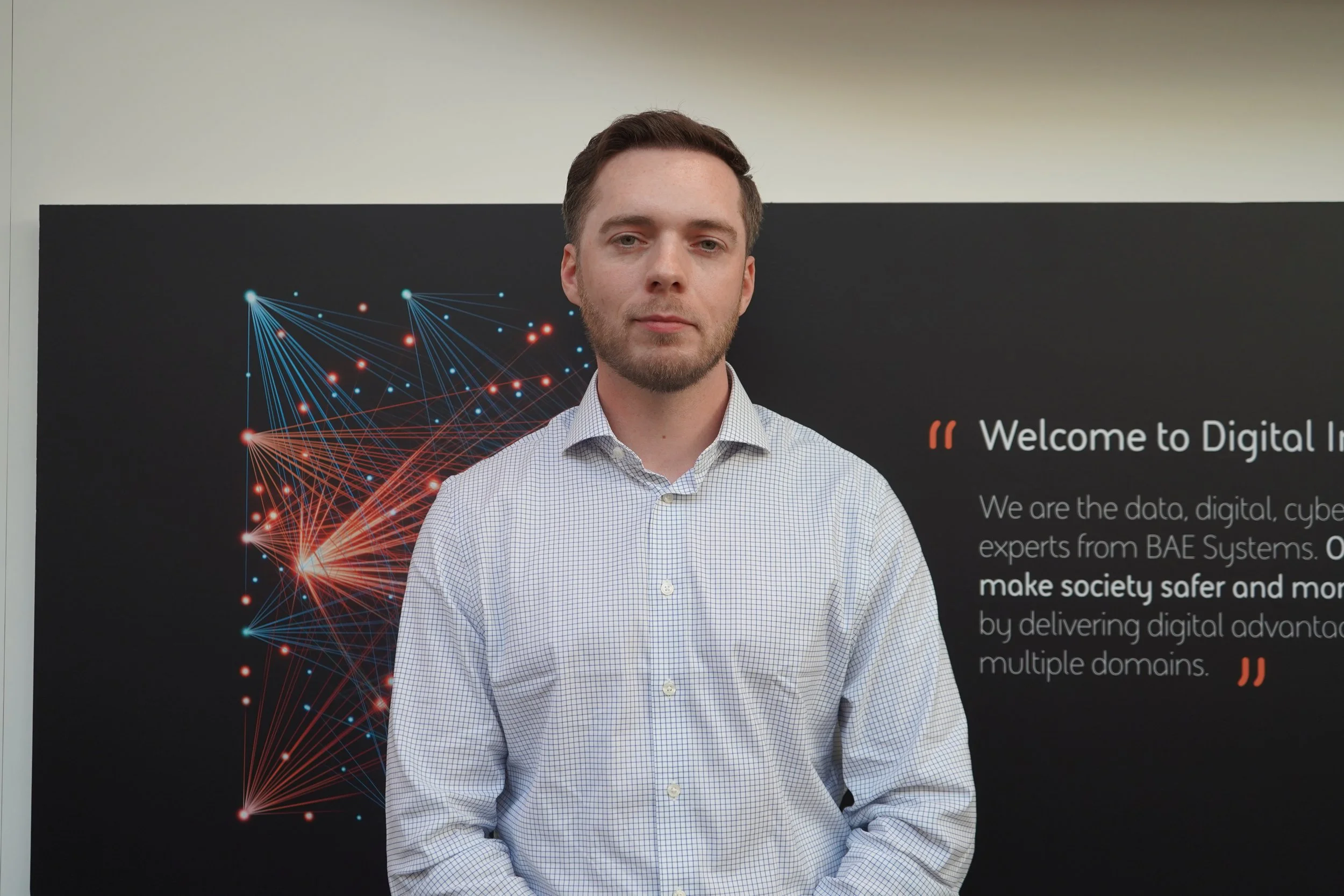National Apprenticeship Week Interview: David, BAE Systems Digital Intelligence
For many, becoming an astronaut is a dream and where the journey into the space sector starts. For David, a Space Systems Engineering Apprentice from BAE Systems Digital Intelligence and the University of Portsmouth, he had an unconventional but no less inspiring start to his space journey. In this interview, he shares his motivations for entering the space industry, why he chose the apprenticeship route over a traditional university education, and what excited him most about working in one of the most dynamic industries today.
David, Space Systems Engineering Apprentice, BAE Systems Digital Intelligence
Space is an exciting industry. What inspired you to pursue a career in this sector?
As I approached 30, I found myself at a crossroads—lacking direction and a sense of purpose in my career. Aerospace and space have always fascinated me, representing the pinnacle of human ambition and innovation. It’s one of the most challenging and exciting fields, and I knew that if I truly wanted to push myself, this was the place to do it. As the saying goes - nothing ventured, nothing gained.
Like many, I once dreamed of becoming a pilot or astronaut (yes, it’s a cliché, but it’s true). Space, to me, represents boundless opportunities. It’s the next great frontier of exploration, discovery and technological advancement. It’s our future, our insurance policy, our means of communication, navigation, intelligence and weather forecasting. Space holds the key to understanding our origins. The possibilities are endless—and I wanted to be part of that in any way I could. When the opportunity came up to be one of five apprentices on the UK's first-ever space degree apprenticeship, delivered through BAE Systems and the University of Portsmouth, I packed my bags and took the leap.
Why did you choose the apprenticeship route compared to other pathways, such as university or direct entry into the workforce?
At 30, the traditional "uni experience" wasn’t my priority. The apprenticeship route was the clear winner when I weighed the pros and cons. My degree is fully funded, and I earn a salary while studying. On top of that, I gain hands-on experience, build a professional network and work alongside industry experts using real-world technologies and methodologies.
This apprenticeship allows me to apply theory directly to practice, learning from professionals while contributing to real projects. It’s the perfect balance between education and industry experience. What’s not to love? I’m literally having my cake and eating it!
Can you describe a typical day as an apprentice?
This was one of my biggest questions when researching apprenticeships, and the truth is there isn’t a "typical day." Every day brings something different. Throughout the programme, I’ll rotate through various placements, working with different teams and departments and gaining exposure to multiple disciplines. Some days will be incredibly rewarding, while others will remind me just how much there is still to learn—and that’s all part of the journey.
That said, if I were to outline a typical day right now, it would look something like this:
Monday: Full day at university attending lectures.
Tuesday - Friday:
9:00 AM – Arrive at work, grab a coffee and check emails.
9:30 AM – Team meetings and project discussions.
10:00 AM – Project work, hands-on exercises or training.
12:00-1:00 PM – Lunch.
1:00-5:00 PM – Continued project work, problem-solving, meetings or shadowing colleagues.
It’s a dynamic and engaging environment where no two days are alike. Currently, in a software placement, I am learning to code in Python and C, and as someone who has never coded before, I find it challenging but extremely enjoyable.
What are the most valuable skills you have learned during your apprenticeship?
One of the most valuable skills I’ve learned is to be comfortable with being uncomfortable—because if you’re comfortable, you’re probably not growing. Every challenge is an opportunity to learn; the faster you embrace that mindset, the more you’ll gain from the experience.
Another key takeaway is learning what you need, when you need it. There’s only so much mental bandwidth, and you don’t need to know everything all at once—no one expects you to. Problem-solving, adaptability and a willingness to continuously learn are far more valuable than having all the answers upfront. But crucially, you need determination and perseverance to keep going.
Is there a particular project, challenge, or achievement during your apprenticeship that stands out to you?
We’re still in the early stages of the apprenticeship—just four months in, with only four weeks in the business (after three months of full-time university study). While I haven’t had a defining project yet, I know those moments are coming. Every day, I gain new skills and knowledge, building a foundation to prepare me for the significant challenges ahead.
What aspects of your apprenticeship program are you most excited about?
What excites me most is the opportunity to gain hands-on experience in multiple areas. With five six-month placements, I’ll be exposed to different specialisms, constantly challenged and able to develop a diverse skill set. Additionally, as the years progress, my university modules will become more space-focused, which I’m particularly looking forward to.
This structure not only helps me grow technically but, most importantly, allows me to discover where my real passions lie. The chance to work with experts, contribute to real projects and be part of something bigger than myself is what makes this apprenticeship so rewarding.
To find out more about the BAE Systems Digital Intelligence course at the University of Portsmouth, follow this link.

